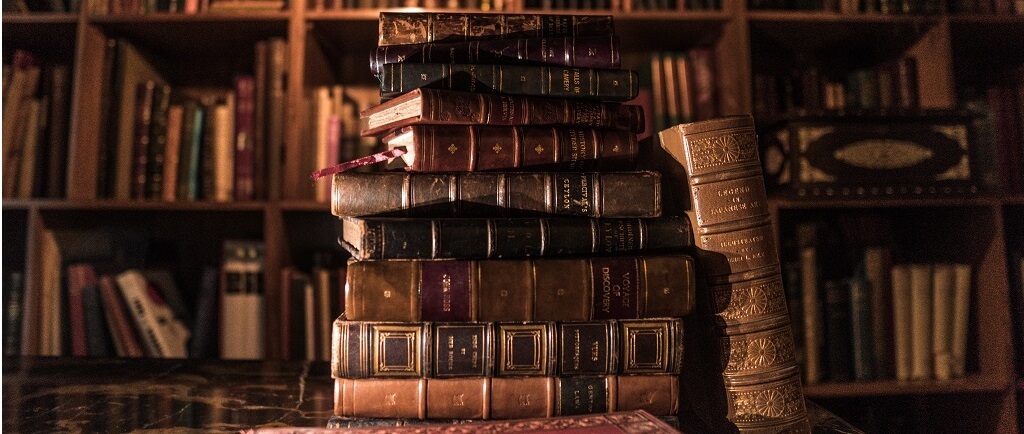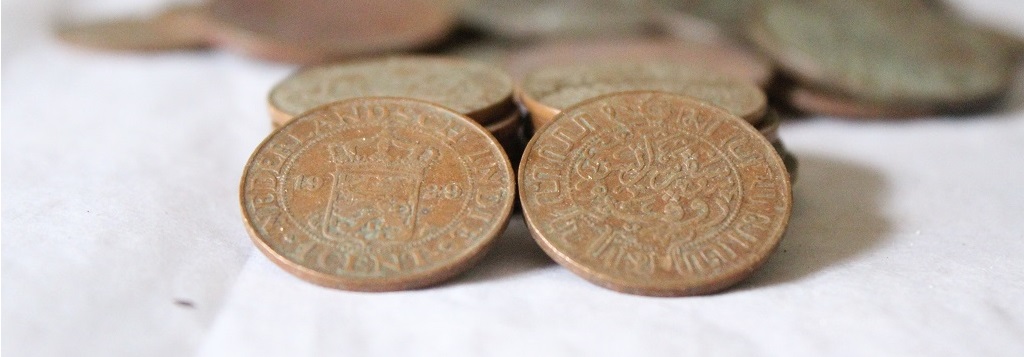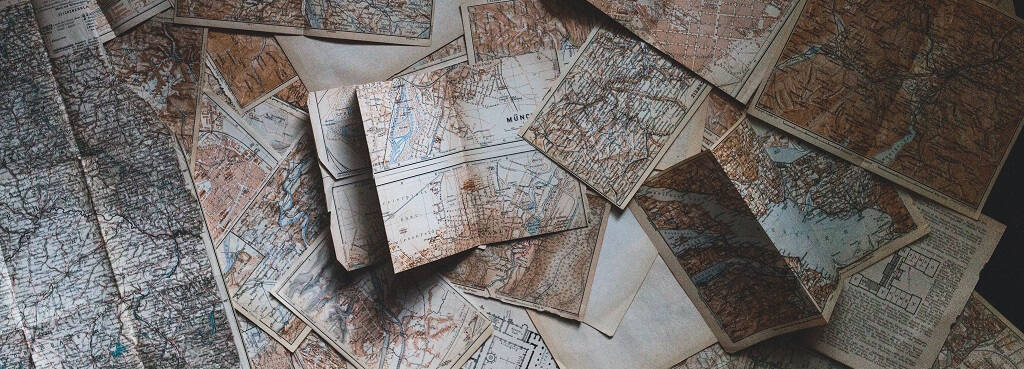5 Tips for Researching the Past - Emily Owen
5 Tips for Researching the Past
Consider your word choices carefully

As you’re writing, or when you’ve editing your first draft, keep an eye out for words or phrases that might seem a bit too modern. For example, I wondered if ‘malfunction’ would have been around in the 1850s, and I found that it wasn’t, so I opted for ‘break down’, which was. A great way to double check this is the Oxford English Dictionary Online (which is free to use if you’re a member of a university library). Also bear in mind that some words or phrases might have acquired a more modern meaning, and could mean something entirely different during the period you’re writing in. A good example is ‘making love’, which in the Victorian era meant wooing or courting, whereas now it means something that might have raised the eyebrows of a few spinsters. A good way to familiarise yourself with this is to read fiction from the era you’re writing in (although this might be slightly tricky if you’re writing in the days of antiquity or relying on translated texts).
Make sure the price is right

One stumbling block I hit a lot was getting the historic prices of goods accurate. Not only do you have inflation to account for, meaning that £100 two hundred years ago is equivalent to thousands today, but there’s also the imperial system to contend with if you’re writing between 1824-1965. Don’t worry if all those shillings, farthings and guineas make your head spin at first, you’ll soon get a grasp of it. Here’s a helpful read: http://projectbritain.com/moneyold.htm
Historical inflation calculators can be a useful tool: https://inflation.iamkate.com/. They might not always be precisely accurate, but they should give you a sensible estimate of how much ‘bang for your buck’ you’d get in X year. Also, to get an idea of how much specific goods cost, have a look at newspaper adverts from the time.
As an aside, consider what units of measurement were being used at the time your story is set in more generally, such as how things were weighed and how distance was measured.
Maps are your friends

Some of the places your story is set in might have changed beyond recognition or might no longer even exist. Maps are a great tool to recover these vanished worlds, and not just the topographic variety full of squiggly lines. Pictorial maps can be an invaluable resource, like those found in the Illustrated London News. It might be helpful to compare different types of maps, to check for artistic licencing.
Maps can tell us other things besides where this or that street was.Charles Booth’s poverty map of London gives a picture of the city’s distribution of wealth in the 1880s and 1890s.
Google Maps is also handy for figuring out how long it would take you to get from A to B. Your characters might not have the advantage of cars and motorways, but they could still reach places on foot. If bicycles were around in your time period then that’s another transport method that you can estimate journey time for.
When and how much to research

At what stage of the writing process you choose to do your research depends on how you work. I was told to do your research after writing your first draft, only I’ve since found this to be a terrible idea as it inevitably means a lot of rewriting.
How much research should you do is really a ‘how long is a piece of string’ question. Remember that the goal is to make the reader feel immersed in your time period. There is such a thing as too much research and there’s always the risk of burrowing down a rabbit hole and getting bogged down in the detail, or you may be side-tracked by something interesting you’ve discovered – save it for another story. That said, you’ll need to have at least a comprehensive grasp of the wider social context that you’re writing in. Think of it as learning conversational French before a holiday to Paris – you don’t need to speak fluent French for a two-week holiday (although it would no doubt be very handy). Also bear in mind that if your protagonist is female, or of a particular minority or religion, you’ll need to find out what rights (or lack of) they had at the time.
Some things you should know about are:
- The look of the landscape (What buildings or plant life were around?)
- Food and drink (What would your characters be eating and when would their mealtimes be?)
- Fashion and clothing (What would your characters be wearing to what occasion? What underclothing would they wear?)
- The social/political structure (Who held the power? Who was reasonably well-off? Who was at the bottom?)
- Wealth and the law (It’s all about the inheritance!)
If you’ll be spending a lot of time in the period you’re writing in, your research will be an on-going process and you’ll pick things up as you go along. Don’t worry if you get small details wrong. Its amazing how many little things that seem normal to us just did not exist ‘back in the day’. It never hurts to question whether a custom or invention was really around back then. Some things that have caught me out include: marriage proposals, how newspapers were distributed, socks.
See research as a pleasure, not a chore
Research isn’t something you have to get out of the way before you can get stuck into the main business of writing; it’s part of the process and will inform the shape of your story. For me, the challenge of fleshing out a vanished world is part of the appeal of historical fiction. Each little detail is like a jewel you’ve unearthed to enrich your writing. As well as a writer, you need to be something of an amateur historian.